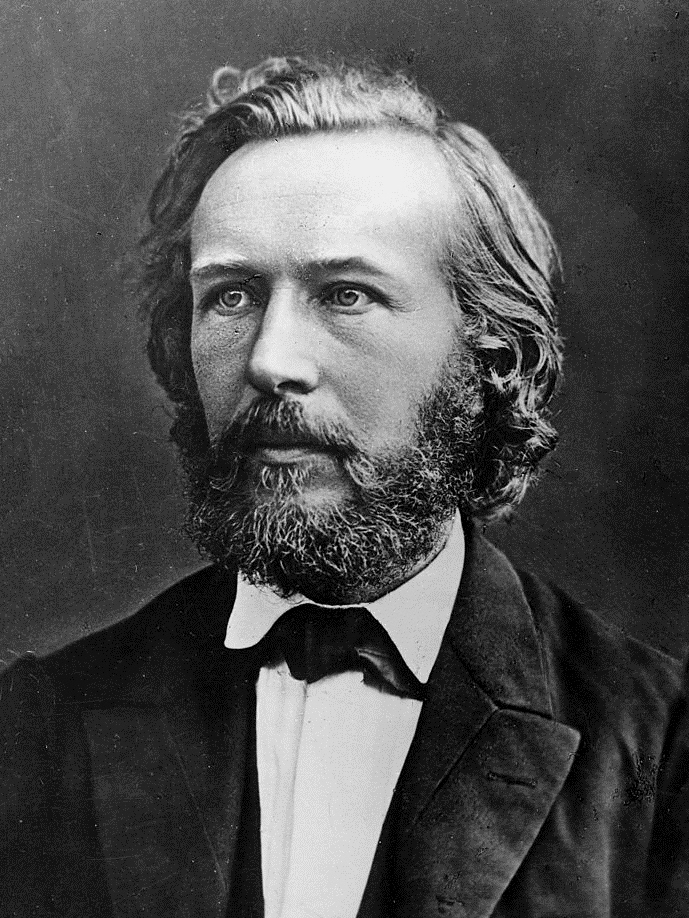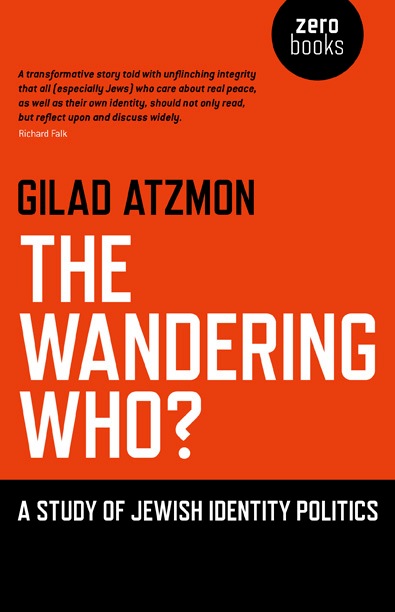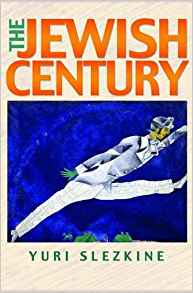Charges of anti-Semitism are ever in the news: UK’s Labour Party defections over accusations of anti-Semitism; Macron’s move to criminalize anti-Zionism as covert anti-Semitism; the Ilhan Omar debacle in the U.S., Netanyahu accusing a UN report seriously critical of Israel’s killing of Gazans last year of being “based purely on an obsessive hatred of Israel.”
Time for some clarity of thought:
True anti-Semitism conceives of Jews as being different from other people, in various invidious ways, which gives those others license to single them out and persecute them in both large and small ways. Anti-Semites maintain that Jews who are engaged in what seem like legitimate political activities—running for office, contributing to political campaigns, writing articles and books, or organizing lobbying groups—are actually engaged in dark and secret conspiracies. Real anti-Semites sometimes favor harsh measures to deny Jews full political rights and at times advocate even more violent persecution of Jews. Even in its milder forms, anti-Semitism indulges in various forms of stereotyping and implies that Jews should be viewed with suspicion or contempt, while seeking to deny them the ability to participate fully and freely in all realms of society. In its essential features, true anti-Semitism resembles other forms of racist or religious discrimination, all of which have been roundly condemned in Europe and the United States since the end of World War II.
By contrast, almost all of the many gentiles and Jews who now criticize Israeli policy or worry about the lobby’s impact on U.S. foreign policy find such views deeply disturbing and categorically reject them. Rather, they believe that Jews are like other human beings, which means that they are capable of both good and bad deeds, and that they are entitled to the same status as other members of society. They also believe that Israel acts like other states, which is to say that it vigorously defends its own interests and sometimes pursues policies that are wise and just and sometimes does things that are strategically foolish and even immoral. This perspective is the opposite of anti-Semitism. It calls for treating Jews like everyone else and treating Israel as a normal and legitimate country. Israel, in this view, should be praised when it acts well and criticized when it does not. Americans are also entitled to be upset and critical when Israel does things that harm U.S. interests, and Americans who care about Israel should be free to criticize it when its government takes actions that they believe are not in Israel’s interest either. There is neither special treatment nor a double standard here. Similarly, most critics of the lobby do not see it as a cabal or conspiracy; rather, they argue—as we have—that pro-Israel organizations act as other interest groups do. While the charge of anti-Semitism can be an effective smear tactic, it is usually groundless.
Mearsheimer, John J., and Stephen M. Walt. 2007. The Israel Lobby and U.S. Foreign Policy. New York: Farrar, Straus and Giroux. pp. 194-95.


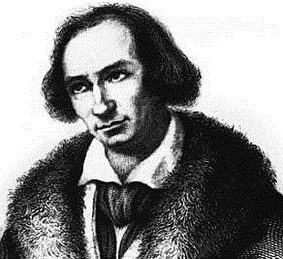
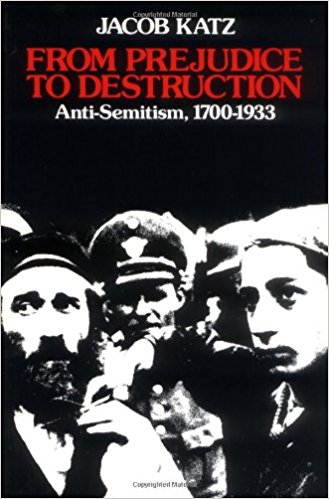
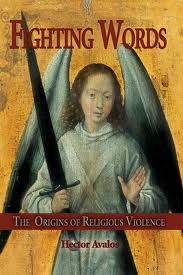
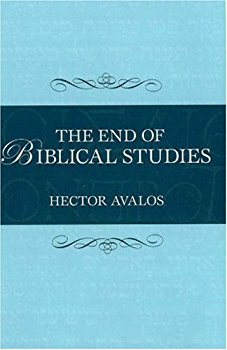 Hector Avalos is already renowned/notorious for The End of Biblical Studies. There he argued that the biblical texts are without any relevance today, or at least are no more relevant than any other writings from ancient times. Scholars who attempt to argue for the moral relevance of the Bible in today’s world, Avalos argues, do so by tendentiously re-interpreting selected passages out of their original contexts and arbitrarily downplaying passages that contradict their claims. Theoretically, Avalos reasons, one could take Hitler’s Mein Kampf and likewise focus on the good passages in it and insist they over-ride the bad ones, and that the negative passages should be interpreted symbolically and through the good sentiments we read into the better passages. No-one would attempt to justify the relevance of Mein Kampf by such a method. Yet Avalos points out that that’s the way scholars justify the relevance of the Bible in today’s world.
Hector Avalos is already renowned/notorious for The End of Biblical Studies. There he argued that the biblical texts are without any relevance today, or at least are no more relevant than any other writings from ancient times. Scholars who attempt to argue for the moral relevance of the Bible in today’s world, Avalos argues, do so by tendentiously re-interpreting selected passages out of their original contexts and arbitrarily downplaying passages that contradict their claims. Theoretically, Avalos reasons, one could take Hitler’s Mein Kampf and likewise focus on the good passages in it and insist they over-ride the bad ones, and that the negative passages should be interpreted symbolically and through the good sentiments we read into the better passages. No-one would attempt to justify the relevance of Mein Kampf by such a method. Yet Avalos points out that that’s the way scholars justify the relevance of the Bible in today’s world.